Chances are you spend hundreds of dollars on gas every month if you use your car to complete errands, commute for work, or travel. Not only might you spend a small fortune on gas, but it’s likely you spend quite a bit of money on maintenance services. After all, there is a strong and positive correlation between the frequency of maintenance services and mileage. If you want to cut your fuel and maintenance costs, here are eight tips that will help you do so.
Use eTags© to Quickly Complete Your DMV Service. Renewals, Title Transfers and More, All Online!
Don’t Slam the Pedal
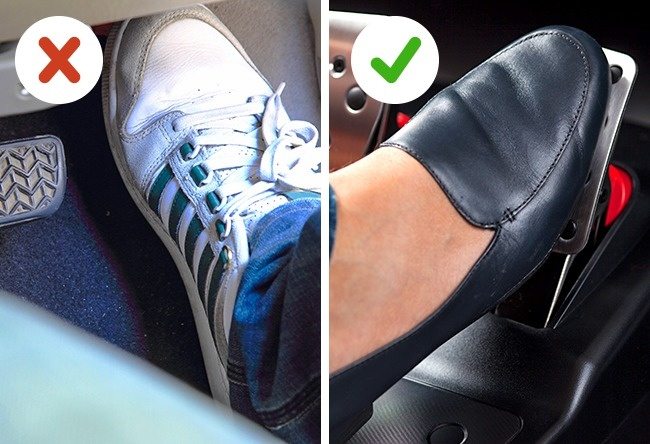
One thing that drivers commonly do is slam the pedal. No matter how much you love slamming on the acceleration, you should put an end to this habit as soon as possible. Braking and acceleration should be done as smoothly as possible to reduce the consumption of fuel. When you accelerate or brake sharply, your car consumes more energy, leading to greater consumption of fuel.
Use Cruise Control When Driving on the Highways
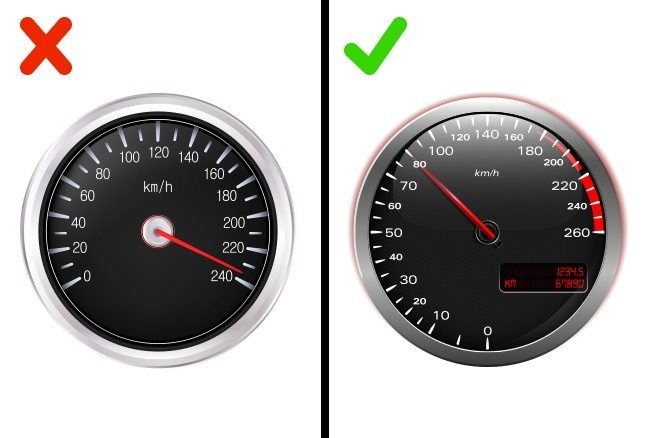
One of the best tips to save gas money is using cruise control when driving on the highways. All drivers should follow speed limits and rely on cruise control rather than accelerating every time there is an open road section.
Regularly Service Your Vehicle
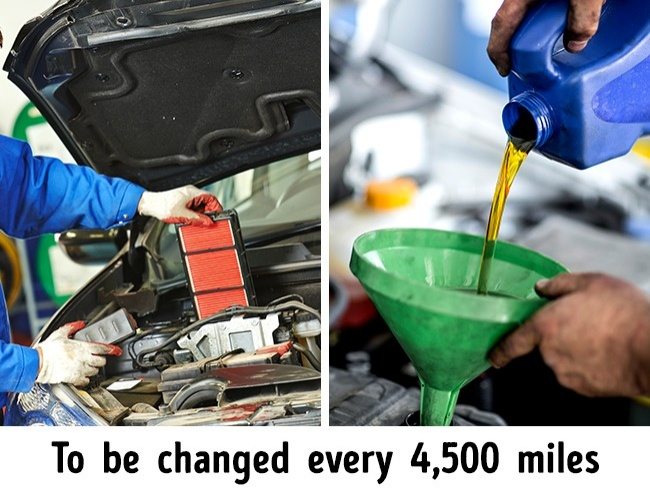
To save money on maintenance costs in the long run, you should service your vehicle regularly and on time. For example, you should change the oil and oil filter every 4,500 miles or so. You should also replace the air filter and the plugs. If you fail to service your vehicle on time, the engine may fail. As you can imagine, repairing or replacing a failed engine is incredibly expensive.
Use the Air Conditioning Less Often
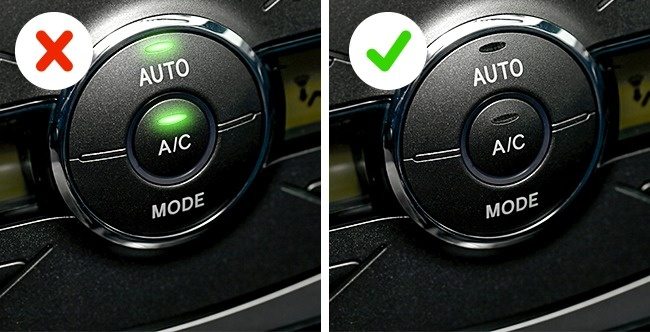
If you truly want to save gas money, it is a good idea to consider just how important comfort is to you. Fuel consumption rises by about 15 percent when the air conditioning is on. You can count on saving at least one gallon of gas for every 100 miles if you don’t use the air conditioning.
Plan Your Routes

Before you start driving to your destination, you should plan your route so that it is as short and efficient as possible. This is especially important during the cold months of winter. In the first five miles, cold engines consume more fuel. Therefore, you should try to do your daily errands all at once so that you can make a single long trip rather than multiple short trips.
Avoid Driving in the Rain
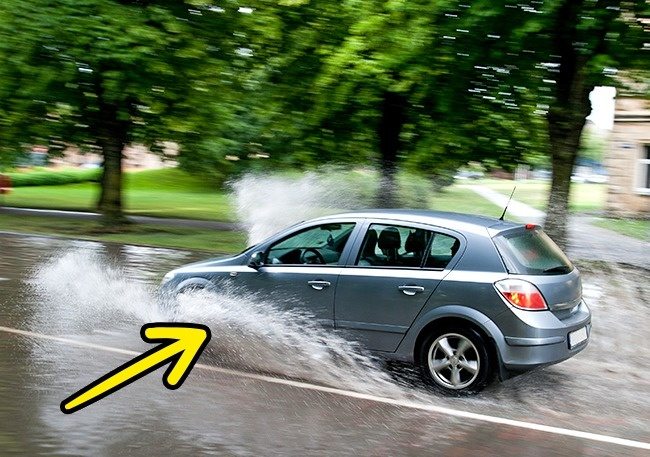
The risk of accidents is much higher when it rains. Also, fuel consumption increases on rainy days. This is due to water resistance that your car will experience on the road.
Pay Attention to Your Tire Pressure
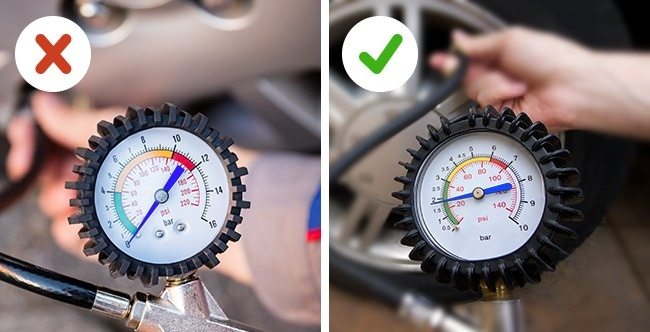
If you truly want to save gas money, you should pay attention to your tire pressure closely. If the tires of your vehicle are under-inflated by about 0.1 atm, your vehicle will consume two to three percent more fuel. Therefore, it is essential that you monitor tire pressure to ensure it remains optimal. This is especially important in the cold winter months.
Eliminate Unnecessary Weight
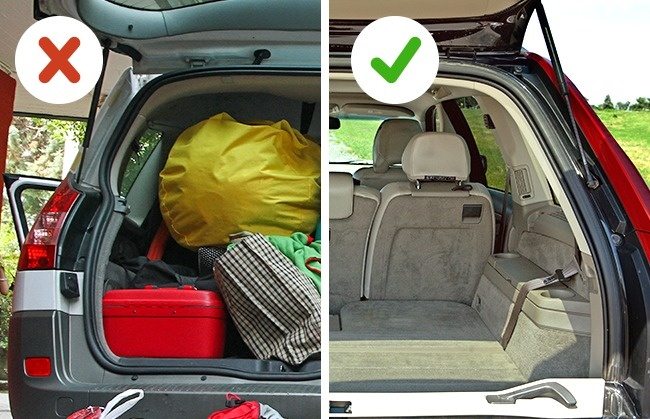
It can be tempting to put almost everything you own in your vehicle. However, you should resist this temptation and only store items in your vehicle that you actually need, such as your cap keys, a spare wheel, and tire jack. Unnecessary weight will make your vehicle consume unnecessary fuel.
Many drivers spend thousands of dollars on their vehicle every year. As you can see, there are many tips to save gas money that should help you on your journey to save money.
All photos & H/T Brightside

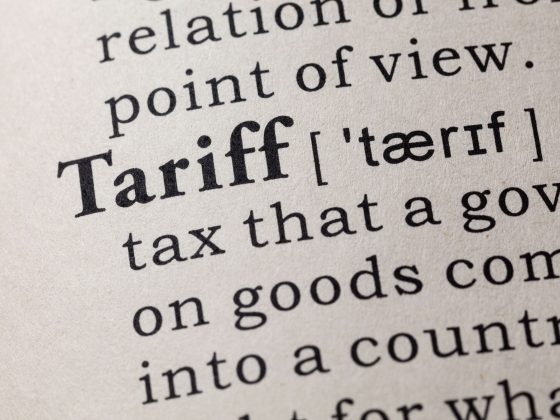


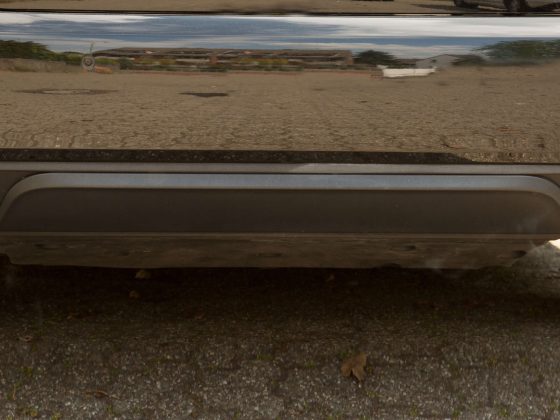

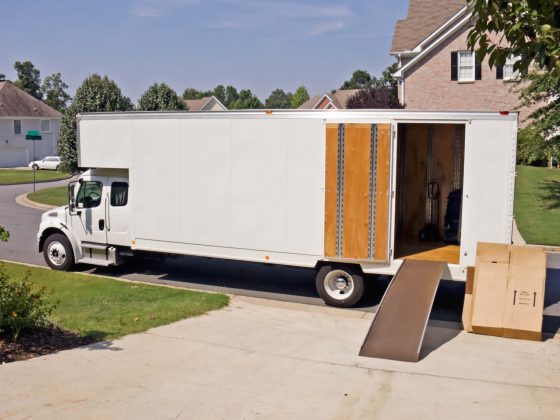


6 comments
An especially critical one is don’t waste your time idling your car in the winter, for all of you in the cold areas. Literally the engine will be in a near ideal operating condition in less than 10 seconds of running. In fact, you will waste most fuel idling for 10 seconds than starting the engine. Turn off your car if you are going to be idle for more than 10 seconds. Idling leaves fuel residues that can turn out to expensive maintenance costs in the future. Learned this the extremely hard way sadly.
Good to know! Thanks for the tip Randy
I wonder if a certain amount of extra weight carried in the car affects tire pressure? Does anyone know? I usually have to carry boxes and weights around with me in summer on the weekends, for my set up at festivals. I wonder if those couple of days affect the tire pressure and I wonder if there’s a direct relation to amount of weight and amount of pressure in the tires.
Hey Fareeha, great question. Over time this could certainly affect tire pressure, though many other variables should be considered. Time of year definitely plays a role in addition to age of tire, tread depth, etc. If it’s just for a few days in the summer, you should be good. However, if you are concerned, you should certainly stop in for a routine vehicle inspection.
Does gas additives that you can buy at Auto store really work?
It depends on the type of product and vehicle. Using too much of any particular fuel additive can damage sensors and other features. You’ll end up spending more in the long run than you would have dealing with typical deposit damage. Contact your local mechanic for more information.